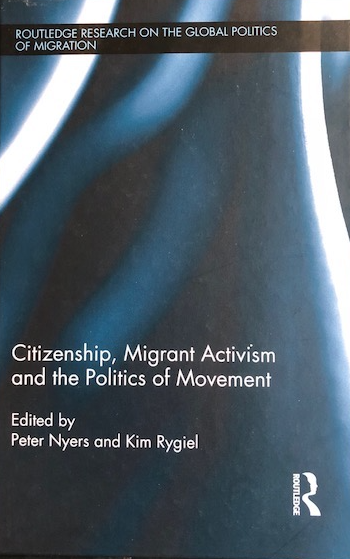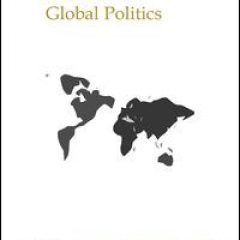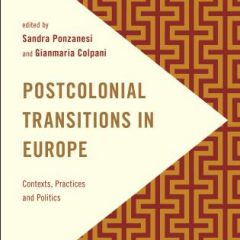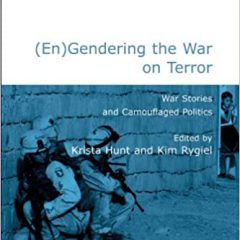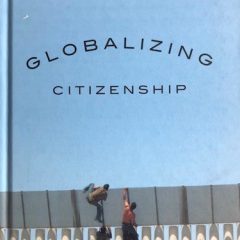Citizenship, Migrant Activism and the Politics of Movement
Edited By Peter Nyers, Kim Rygiel
The book focuses the debate of migration, security, and mobility rights onto grassroots politics and social movements, making an important intervention into the fields of migration studies and critical citizenship studies.
Citizenship, Migrant Activism and the Politics of Movement analyses recent shifts in governing global mobility from the perspective of the politics of citizenship. It investigates how restrictions on mobility are not only generating new forms of inequality and social exclusion, but also new forms of political activism and citizenship identities. In this context the book focuses the debate of migration, security, and mobility rights onto grassroots politics and social movements.
Migration is an inescapable issue in the public debates and political agendas of Western countries, with refugees and migrants increasingly viewed through the lens of security. This book analyses recent shifts in governing global mobility from the perspective of the politics of citizenship, utilising an interdisciplinary approach that employs politics, sociology, anthropology, and history.
Featuring an international group of leading and emerging researchers working on the intersection of migrant politics and citizenship studies, this book investigates how restrictions on mobility are not only generating new forms of inequality and social exclusion, but also new forms of political activism and citizenship identities. The chapters present and discuss the perspectives, experiences, knowledge and voices of migrants and migrant rights activists in order to better understand the specific strategies, tactics, and knowledge that politicized non-citizen migrant groups produce in their encounters with border controls and security technologies.
Table of Contents
Introduction: Citizenship, Migrant Activism, and the Politics of Movement Peter Nyers and Kim Rygiel
1. Securitized migrants and postcolonial (in)difference: The politics of activisms among North African migrants in France Alina Sajed
2: Claiming Rights, Asserting Belonging: Contesting Citizenship in the UK Ruth Grove-White
3. Ungrateful Subjects? Refugee protests and the logic of gratitude Carolina Moulin
4. “We are All Foreigners”: No Borders as a practical political project Bridget Anderson, Nandita Sharma and Cynthia Wright
5. Ethnography and Human Rights: The Experience of APDHA with Nigerian Sex Workers in Andalucía Estefanía Acién González
6. Moments of Solidarity, Migrant Activism and (Non)Citizens at Global Borders: Political Agency at Tanzanian refugee camps, Australian detention centres and European borders Heather Johnson
7. Building a Sanctuary City: Municipal Migrant Rights in the City of Toronto Jean McDonald
8. Taking not waiting: Space, temporality and politics in the City of Sanctuary movement Vicki Squire and Jennifer Bagelman
9: Undocumented Citizens? Shifting grounds of citizenship in Los Angeles Anne McNevin
